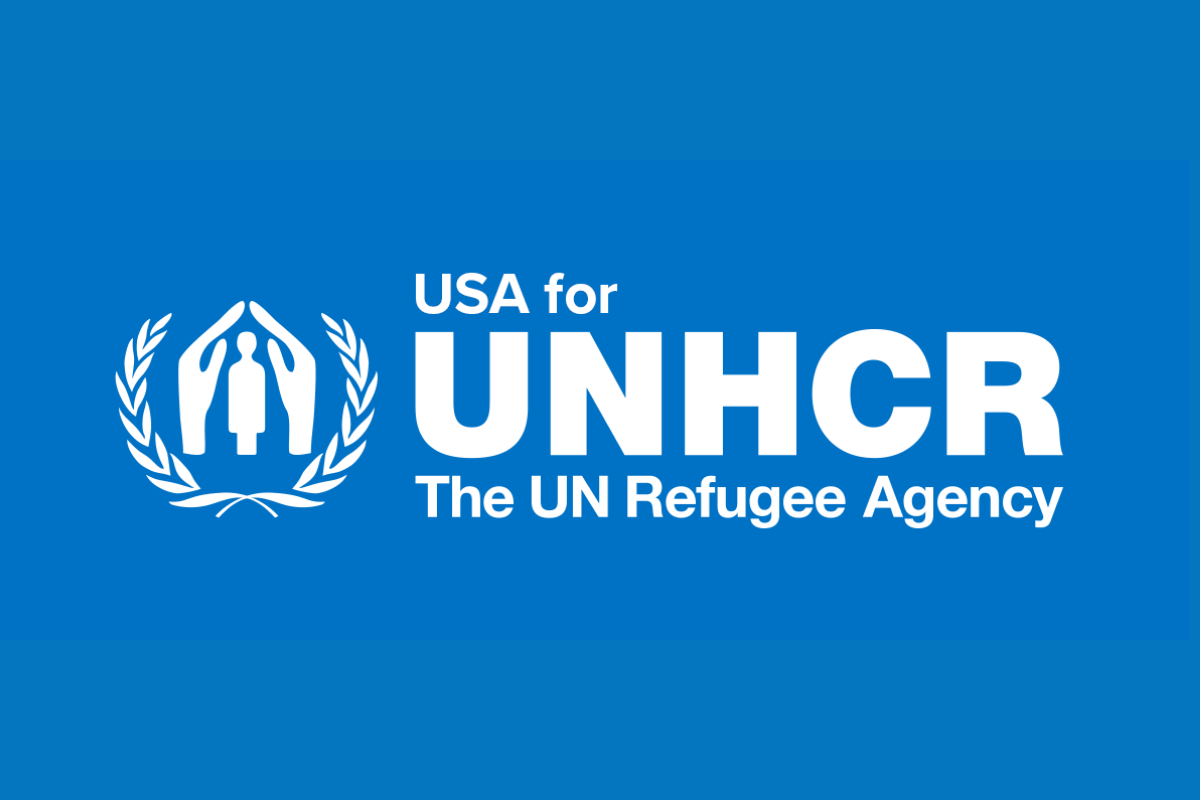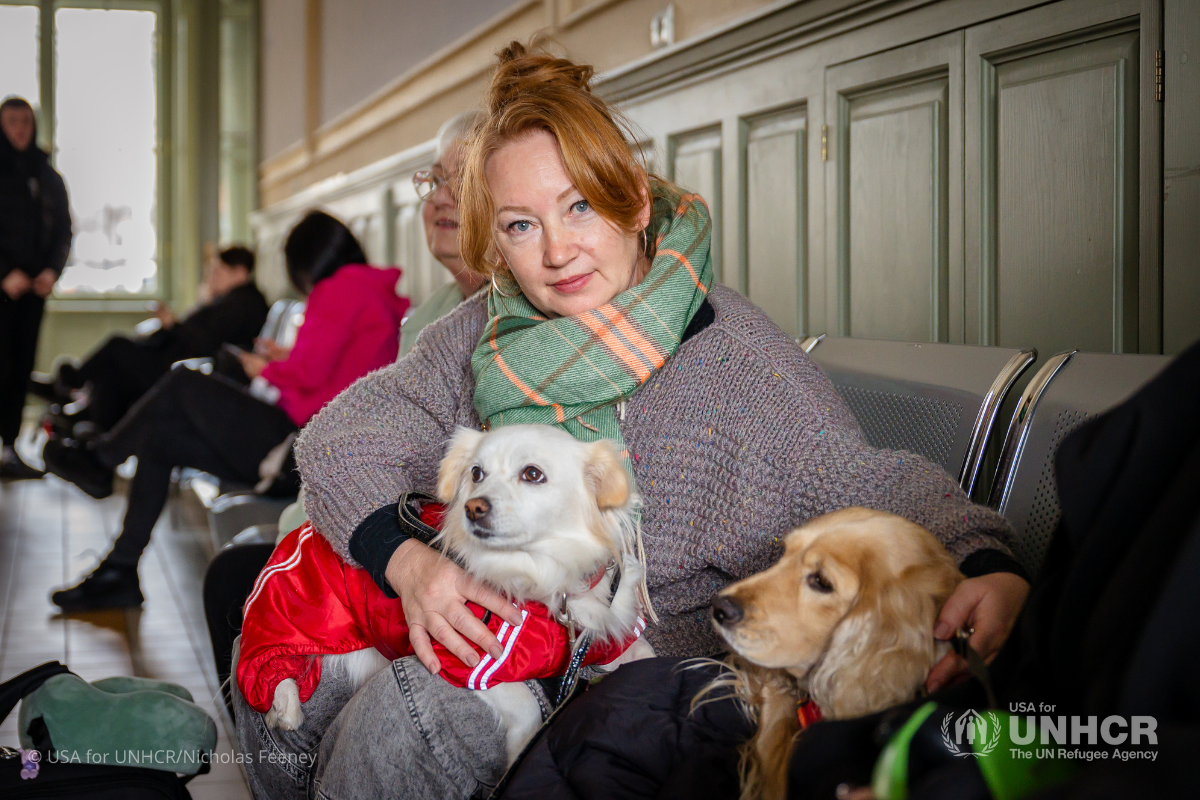How to support UNHCR’s most underfunded refugee emergencies
Imagine being forced to make the heartbreaking decision between paying for your children’s education or buying medicine for your elderly parents. Nobody should have to choose, but this is the tragic reality for many forcibly displaced families. UNHCR’s lifesaving support ensures that refugee families never have to worry about access to basic humanitarian assistance, protection services, education and health resources, sanitation and more.
Over the past few months, UNHCR has faced an unprecedented $700 million funding gap that threatens to cut essential services across its operations. Of particular concern are UNHCR’s 12 most underfunded emergencies where cuts in assistance could prove to be catastrophic. Learn more about six of UNHCR’s most underfunded emergencies and how your generosity can make a difference.
Bangladesh
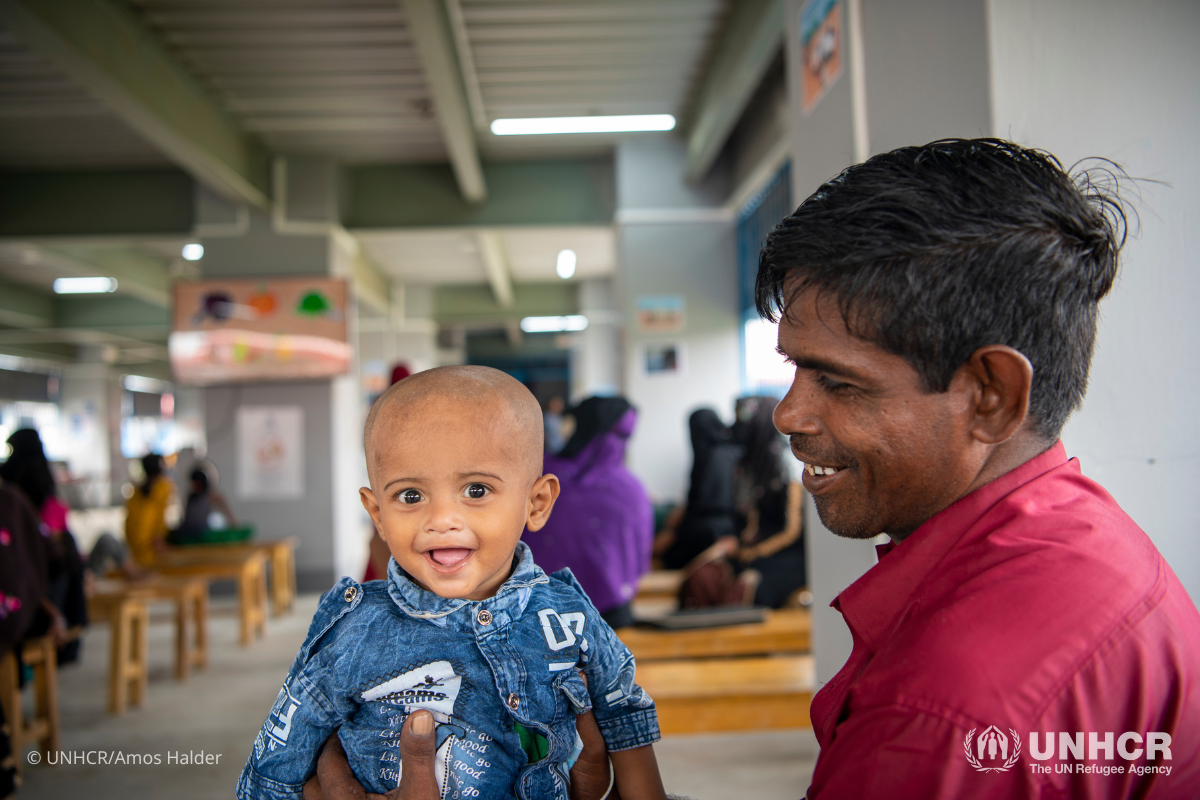
This year marks five years since more than 700,000 Rohingya women, men and children were forced to flee from Myanmar to Bangladesh. This is now considered a protracted situation with more than 930,000 Rohingya still living in overcrowded and impoverished conditions in the Cox’s Bazar region of Bangladesh, home to Kutupalong, one of the world’s largest refugee camps.
The impacts of the war in Ukraine are being felt by Rohingya refugees and Bangladeshis living in nearby communities who are struggling to survive with high levels of inflation and increasing prices of basic goods and services. UNHCR’s lifesaving support in Bangladesh is severely underfunded, with a funding gap of $165 million and only 42 percent of funding needs met. With this shortage in funding, critical operations in Bangladesh—including health, housing, water, sanitation and hygiene are at risk.
Colombia
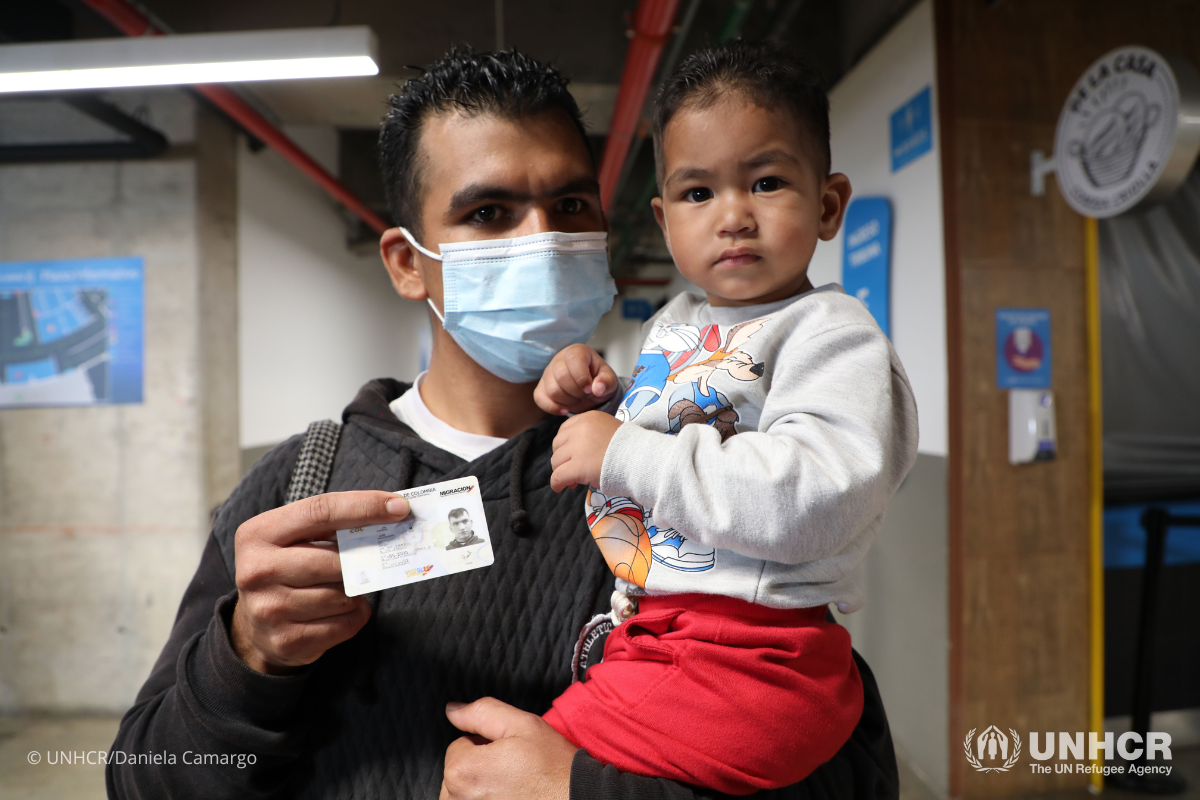
Colombia hosts more than 2.4 million of the 6.8 million Venezuelans who have fled their country since 2014. Along with this humanitarian crisis, Colombia is also facing an internal displacement crisis of its own, with more than 754,000 people in the country displaced due to conflict. The steady rise in inflation during 2022 marks a 20-year high and is making it difficult for Venezuelan refugees and migrants and Colombian returnees, IDPs and host community members to cover their basic needs.
UNHCR’s operation in Colombia is only 41 percent funded, facing a funding gap of $72 million. Cash assistance would ensure Venezuelan refugees and Colombian IDPs can access food, healthcare and other essential services, but due to underfunding, only specific protection cases in highly vulnerable conditions may be eligible. In addition to disruptions to well-being and basic needs, underfunding is also hindering UNHCR’s work in protection monitoring and status determination of forcibly displaced and stateless people.
Ethiopia
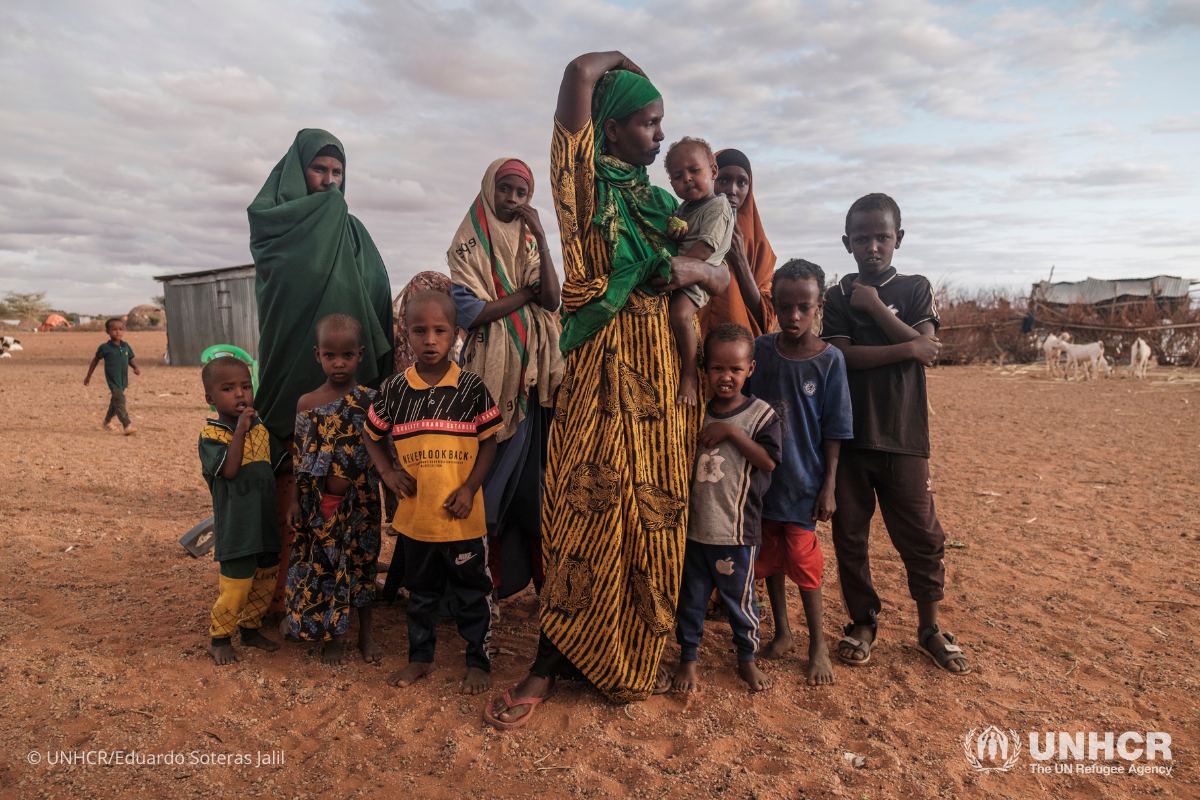
Ethiopia is the third largest refugee hosting country in Africa and has a long-standing history of welcoming refugees. Now, the country is facing its own displacement emergency as a result of the conflict in Tigray that began in 2020. Ethiopia is also one of many countries in the Horn of Africa experiencing the worst drought the region has seen in 40 years. This climate emergency is affecting 24.1 million people in Ethiopia—including IDPs, refugees and their host communities.
UNHCR operations in Ethiopia are only 40 percent funded and face a staggering funding gap of $200 million. People who were already suffering from a dramatic reduction in food assistance and drastic increases in commodity prices are now faced with the threat of starvation as the catastrophic drought is forecasted to continue for another year. This funding gap is undercutting support for cash assistance, emergency shelter, sustainable housing and health services.
Lebanon
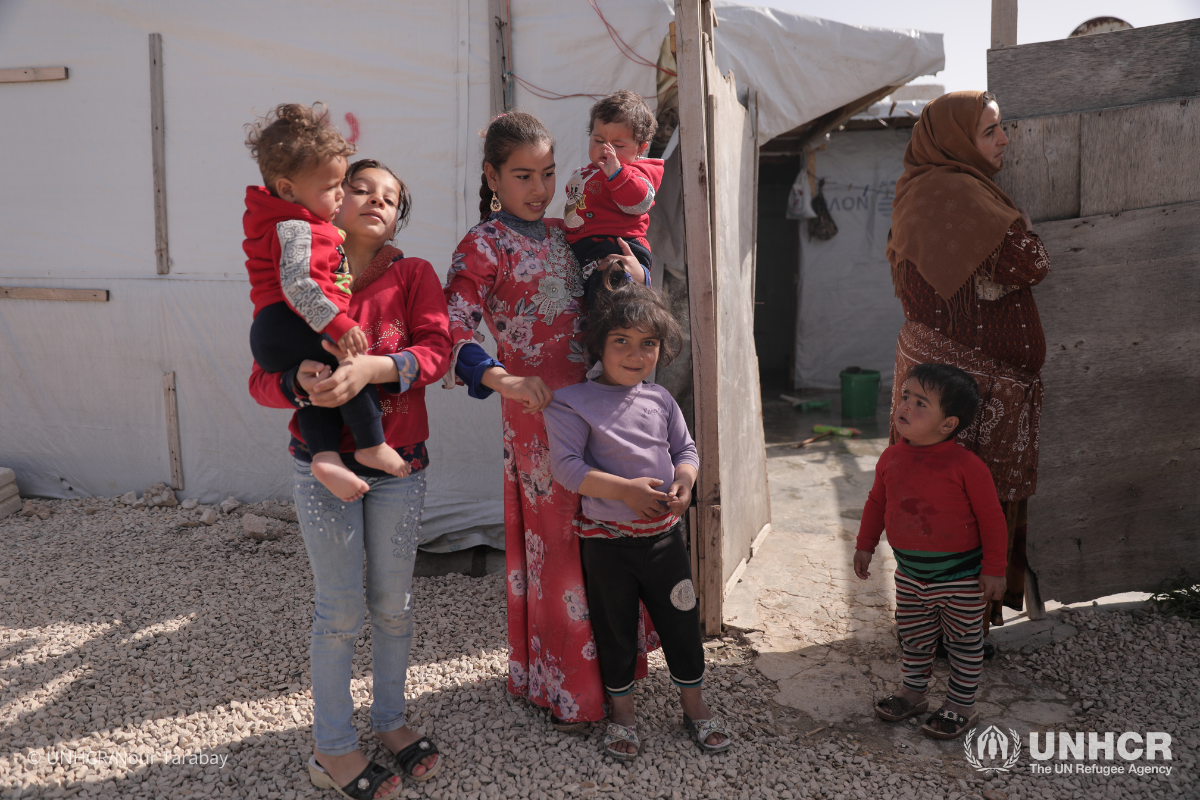
Lebanon hosts the largest number of refugees per capita—it is estimated to host 1.5 million Syrian refugees. The country’s socioeconomic downturn and the COVID-19 pandemic have led to an exponential rise in extreme poverty with nine out of ten refugees living in extreme poverty. The war in Ukraine is exacerbating poor living conditions for refugees, migrants and Lebanese people alike as the country faces shortages in food imports and fuel.
UNHCR operations in Lebanon are only 40 percent funded against a severe funding gap of $321 million. Ninety-six percent of Syrian refugee families are food insecure, and access to basic services—including water, education and health services—is severely strained. All areas of support for UNHCR in Lebanon are underfunded, with significant consequences for the most vulnerable refugee families. If underfunding continues, UNHCR may not be able to support refugees in Lebanon in accessing their rights and meeting their most basic needs.
South Sudan
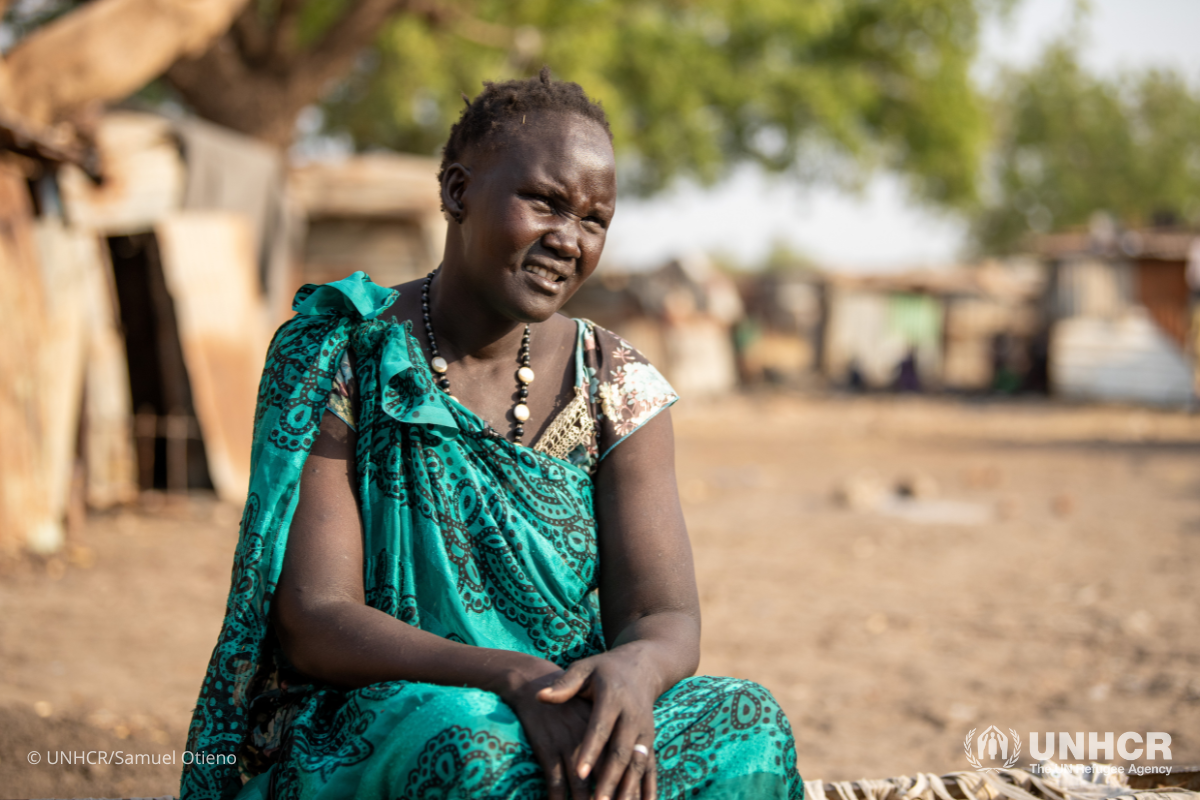
South Sudan faces the largest refugee crisis in Africa, with more than 2.3 million South Sudanese refugees in neighboring countries and an estimated 2.2 million South Sudanese people internally displaced within South Sudan. The country struggles with intercommunal violence, climate change and severe food insecurity that affects 60 percent of the population of 11 million. The war in Ukraine is contributing to worsening food insecurity with rising prices of food and commodities, and devaluation of the local currency.
UNHCR’s operation in South Sudan is only 38 percent funded with a funding gap of $134 million. Without adequate funding, UNHCR can only provide IDPs, refugees and returnees with basic humanitarian needs instead of capacity building initiatives such as vocational training, higher education, livelihoods and income-generating projects. The three operational areas immediately impacted by underfunding in South Sudan are access to food and essential items, sustainable housing and community-based protection.
Uganda
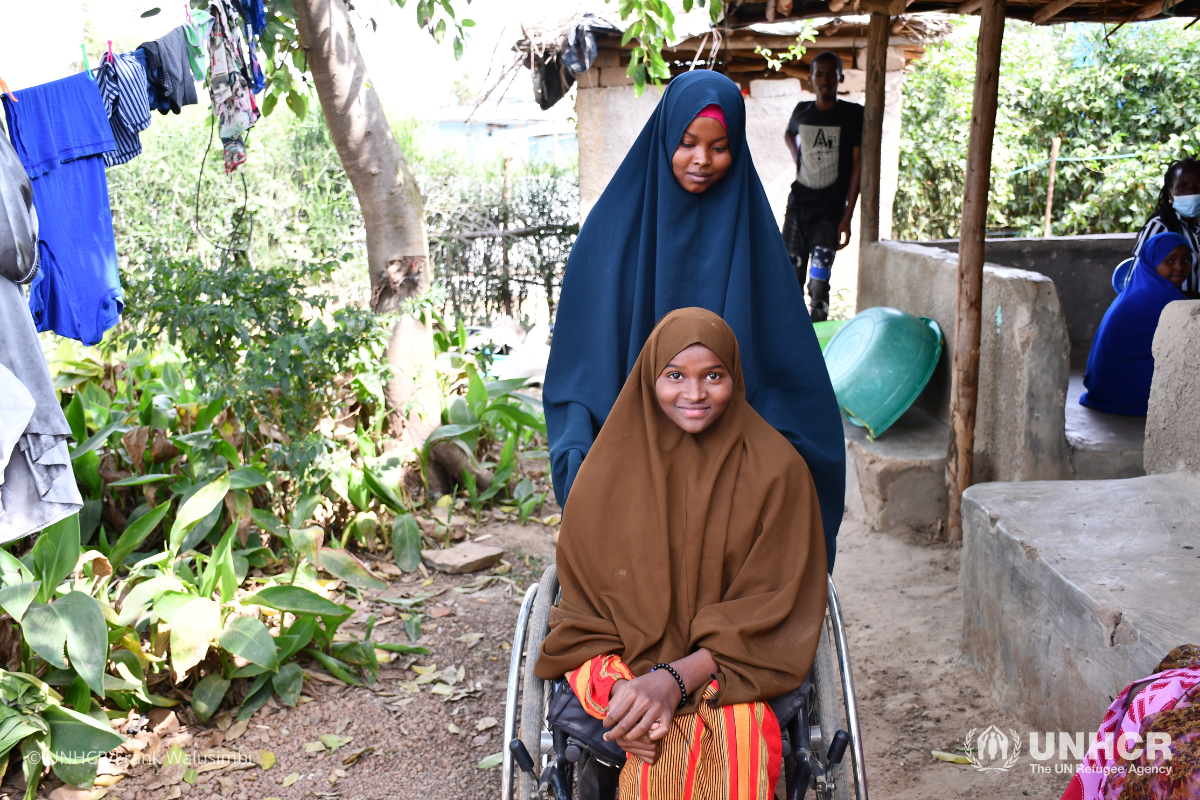
Uganda is Africa’s largest refugee hosting country, home to more than 1.5 million refugees. Refugees are generously welcomed into Uganda, provided with plots of land for housing and cultivation, and attend the same schools and health centers as members of the host community. Despite being a global leader in its approach to peaceful coexistence and settlement of refugees, Uganda is facing a severe underfunding crisis and a difficult recovery from COVID-19 that threatens to upend this progress.
UNHCR’s operation in Uganda is severely underfunded by $211 million, with only 38 percent of necessary funds covered. This severe underfunding is impacting UNHCR’s capacity to provide critical protection services, basic humanitarian assistance, durable solutions, and the promotion of refugees’ inclusion in national systems such as health, water and sanitation. If no additional funding is received, the Government may consider changing its progressive asylum policy and limiting vital services for refugees and host communities.
How to support UNHCR’s underfunded emergency crisis…
Refugees and other displaced people are being pushed to the brink. Between rising prices, ongoing conflicts, climate events and shrinking levels of lifesaving assistance, even more people are being forced to make heartbreaking choices. Without an additional $700 million in funding by the end of 2022, UNHCR will have to make impossible decisions with dire consequences. Your generous support today can make a lifesaving difference for millions of refugees and displaced people living in vulnerable conditions.
